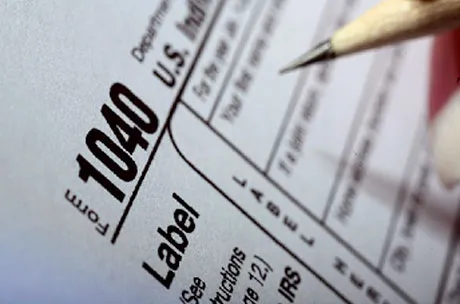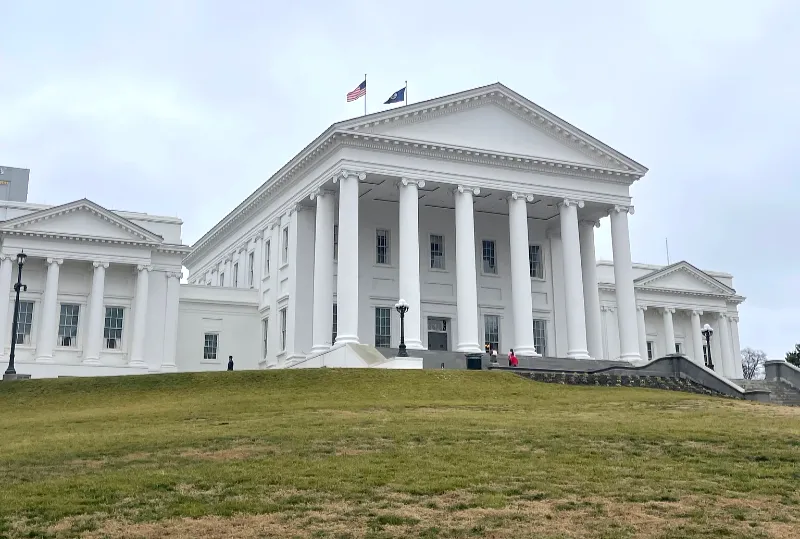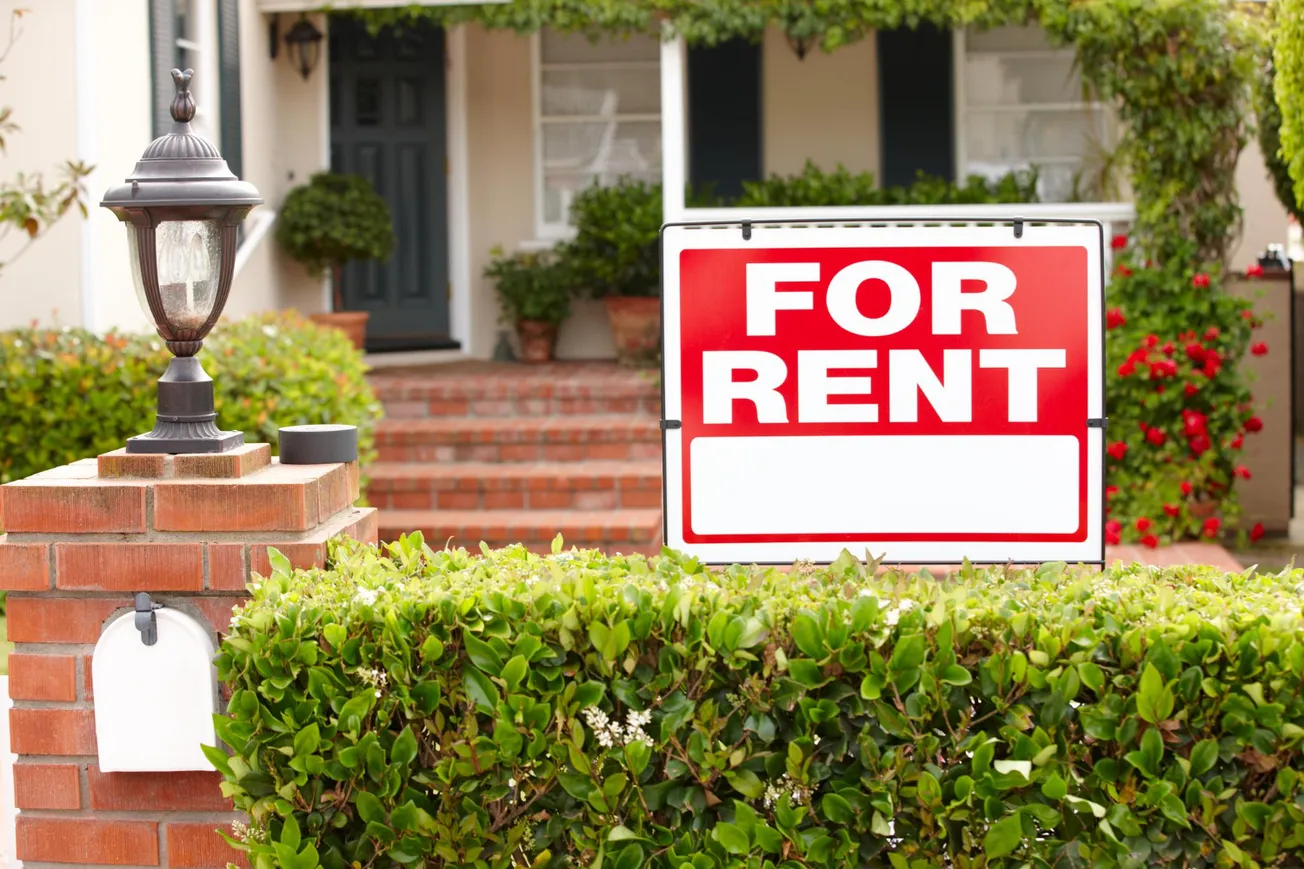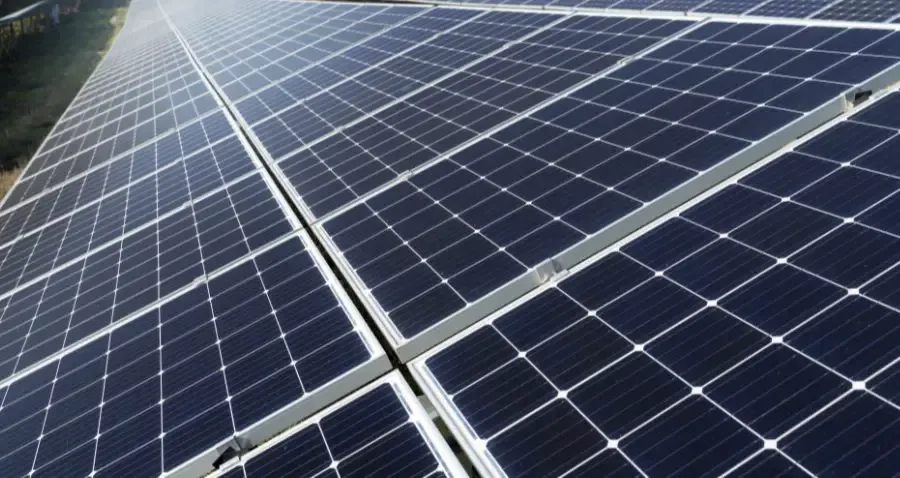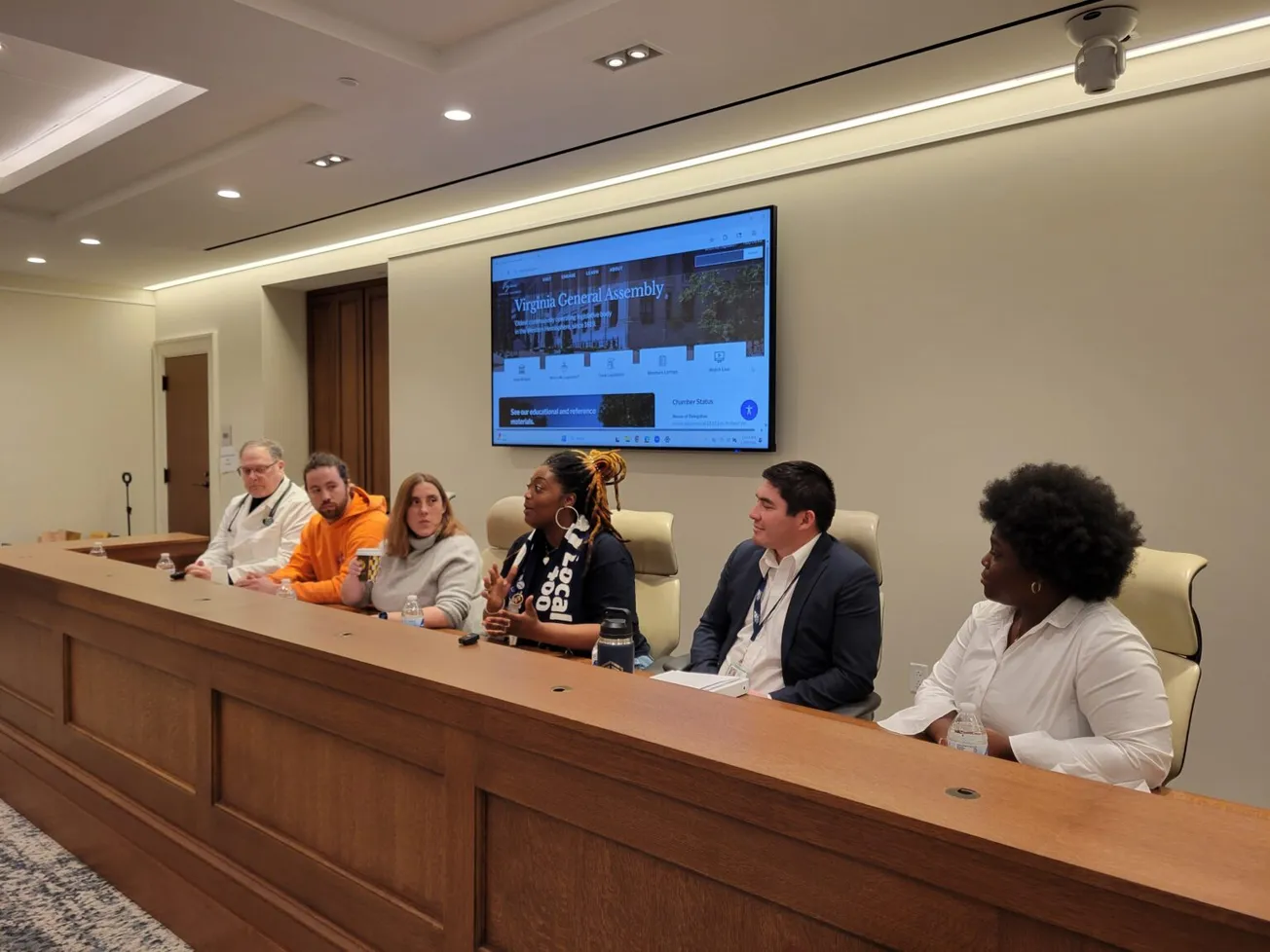Fifteen years after shuttering its tax-prep app, Va. may be ready to compete with TurboTax again
“We should not have to pay a for-profit company in order to file our taxes easily,” said Del. Kathy Tran, D-Fairfax, who sponsored a bill this year that would have the state develop a free individual state income tax filing program
